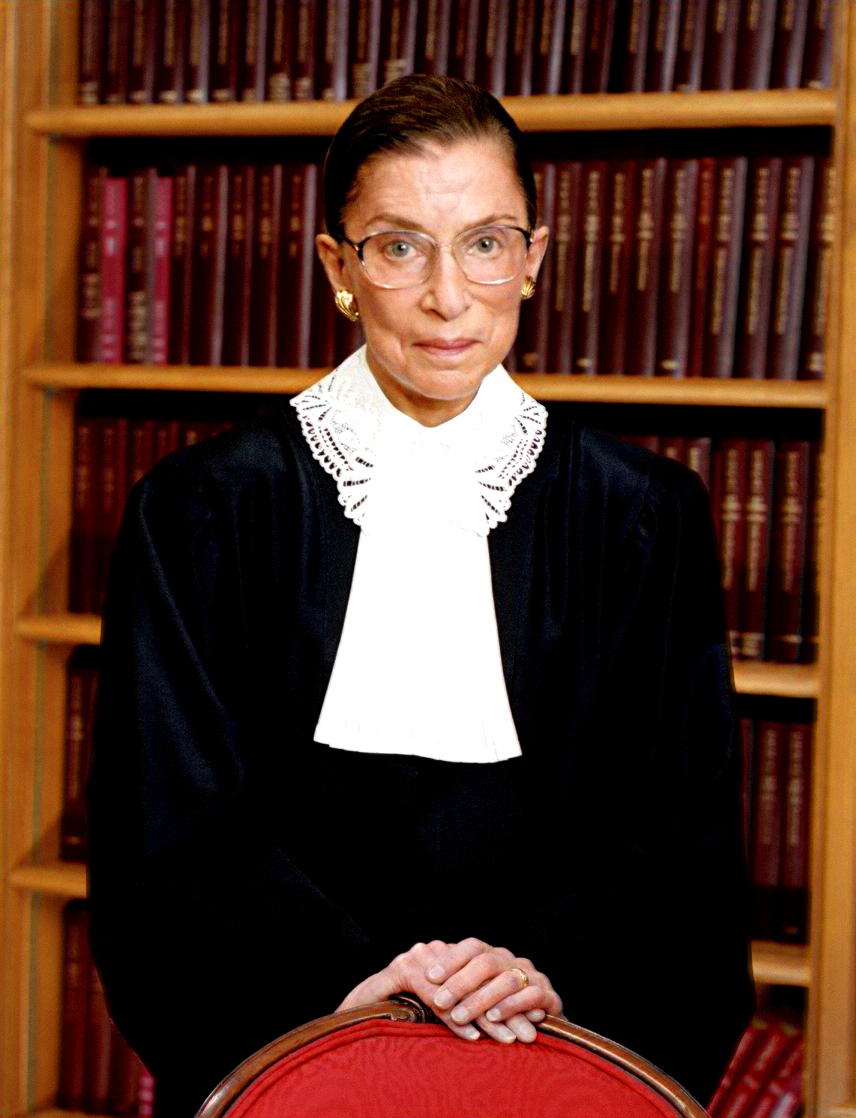
[digg-reddit-me]F. Paul Wilson had a post that was reddit-famous last week (in the Libertarian subreddit) in which he declared “There ain’t no such thing as a right to health care.” He proposed “the alone-on-a-desert-island rule [as] a convenient way to differentiate genuine human rights from the poseurs.” The genuine human rights are inherent, according to Wilson – and he says – on this desert island alone – one has the right to life, liberty, the pursuit of happiness, the right to free speech, free sexual expression, freedom of religion, and freedom to smoke or inject anything you want. What you don’t have – according to Wilson – are the right to a house (because there is no one to build it), the right to three solid meals a day (because there are no farmers), or the right to health care (because there are no doctors.)
But by Wilson’s “alone-on-a-desert-island rule” Iran would be considered quite free. Fine – they don’t have freedom of assembly – but you can’t have that on a desert island. They don’t have free speech in public – but they would in the privacy of their own homes (in their own, walled-in desert island), especially if no one was listening. The Iranian authorities actually allow their people a broad range of rights as long as they keep their activities private.
The problem is – as social animals, humans cannot fully express their freedom of sexuality, the freedom of religion, the freedom of speech, or many of their other freedoms except in the presence of others. Many of the rights we take for granted are social rights – relying on others to a society to make these rights possible.
Perhaps the distinction Wilson is trying to make is between negative rights – rights which constrain the government – and positive rights – rights which impose responsibilities on the government.
The right to health care is one of the latter – but that does not make it any less a right. While the right to health care is not absolute – as if one is alone on a desert island, one has no such right, just as one has no right to assemble, or vote – few today would deny that each individual has a right to some level of care if they are sick and injured. While Wilson is concerned about imposing a burden on doctors, they have already sworn an oath to provide such care if it is needed, a responsibility they take upon themselves with their profession.
This right to health may not be inherent – but that does not make it less substantive. All humans live in some sort of society – as it is our nature. One of the most basic purposes of a society is to take care of the sick and hurt. As a citizen in such a society, I have a right to health care – even as it imposes a burden on others, just as I have a right to vote, even though others must then count my vote, and as I have the right to an attorney if accused of a crime, even though this imposes another burden. It is a right inherent in my citizenship, in my status as a member of a society.
[Image by Matthew Winterburn licensed under Creative Commons.]





